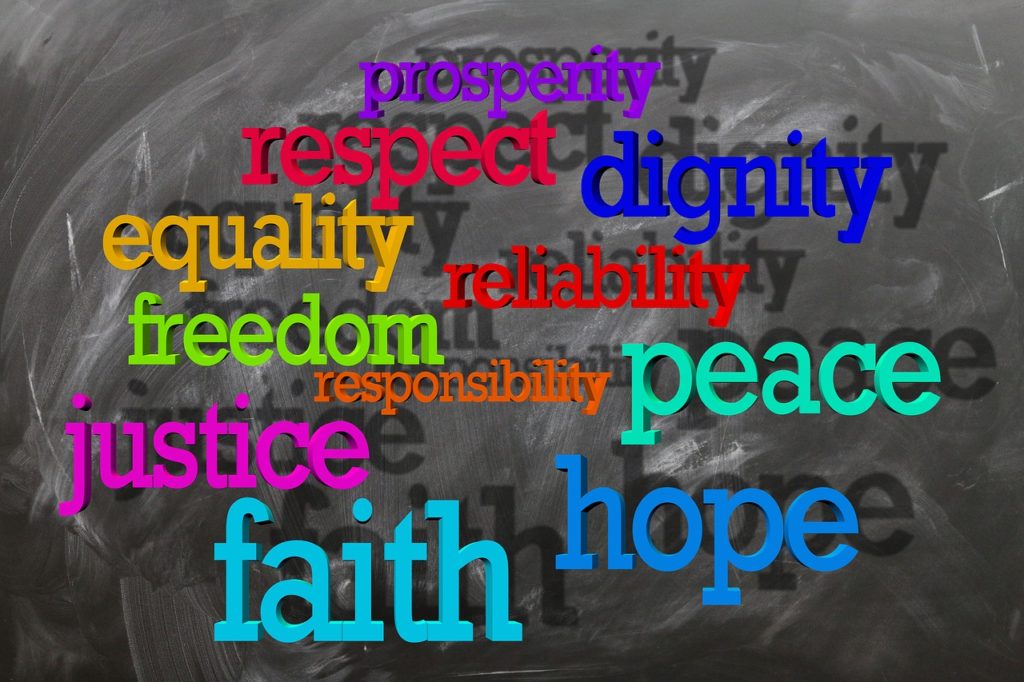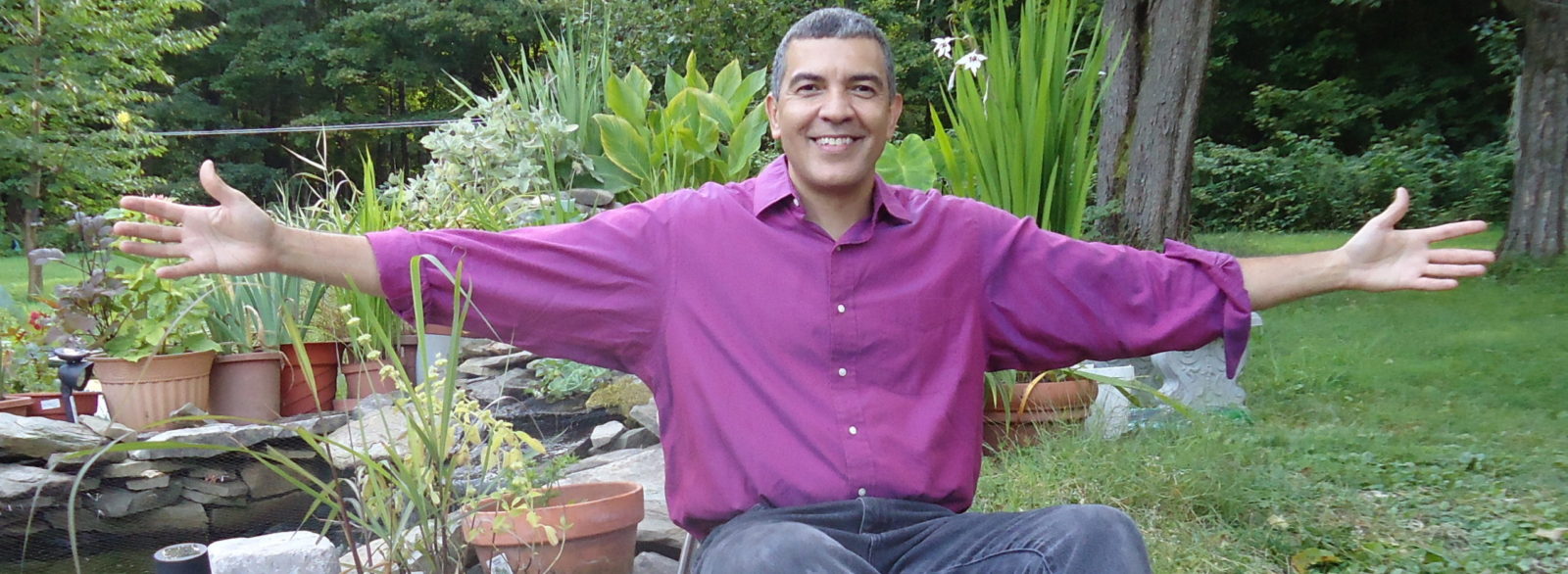
Before reading the provocatively titled Sex In Public by Lauren Berlant and Michael Warner as a project in a recent college class, it initially led me to think of sexual activity only. But the authors’ work expanded my mind to make me think of the way sexually diverse people are viewed in the context of the public and multiple publics. In this paper I will explore the concept of public in various contexts to try and illuminate the hidden and blatant agendas that society forces onto us all, which I believe we are now seeing are not healthy for us as individuals nor as a society.
I feel it is necessary in this day and age to acknowledge our differences in as many forms and in as many places as we can and call out prejudice and unfair judgement as much as possible as well. Berlant and Warner take us on a journey in sex in public through the years and even through the ages, as they do with mention to sex in ancient Athens. And as we expand our view through our histories and our world, particularly in 2021 when so many long to be heard, seen, and acknowledged for their differences and individuality, we begin to see more and more that humans are more complex than we ever imagined.
I cannot help but think we are liberated when we portray and share our authentic selves with the world. When we’re honest with ourselves and others, we subconsciously allow those who are naturally attracted to us to come near, or those who aren’t, to fall away. but we are punished and shunned when we are discovered to be something or someone other than who and what we projected to the public. Maybe rightfully so.
Meanwhile, others in the LBGT community, for example, experience unfair treatment as they are shunned in public simply for being intimate. I see same-sex couples walking hand in hand more frequently than in years past, most definitely. But in New York City, I’ve seen many to be hesitant outside of a gay space. In her master’s thesis, “The LGBT Community and Public Space: A Mixed Methods Approach”, Emily Sanschagrin beautifully illustrates the myriad dynamics of sexuality in publics spaces. Sanschagrin’s writing also teaches us that sex in public, or even simply existing in any form by LGBT individuals around the world can create fearful and dangerous situations.
The definition of intimacy is another casualty of political and societal prejudices. As if intimacy is not supposed to be shown in spaces in which those with different preferences outside of the heterosexual construct occupy. Heterosexual culture is partly defined by the idea that intimacy is an integral part of it, but I believe many would not define the experience of two gay strangers having intimate relations in a public space as intimacy. Now that studies show more heterosexually active people having casual sex, it makes me wonder if the concept of intimacy will be more strongly associated with casual sex experiences (Garcia, Justin, et al.). A study done through Binghamton University also found that more heterosexuals who engage in casual sex are seeking an intimacy during the act, even if it is a “one night stand”.
As I become more aware of the meaning of critical thinking and both the general and specific benefits of depth of thought, I begin to understand why prejudices like those around sex outside of the heterosexual “norm” exist. At the risk of appearing arrogant, I believe the problem lies in the ignorance of the beholder. Whether that ignorance stems from a lack of desire to simply try and see the world outside of a black and white dualistic view, or whether it is caused by dogmatic religious or societal rules that can bend and coerce one’s mind toward prejudice. This is why I wholeheartedly believe that it is increasingly important for society to see more and more examples of intimacy in all its forms as well as sexual expressiveness in public spaces from all of the colors of the rainbow that is humanity. And if done authentically and with respect to others and to oneself, could enhance society at large and remind us that it would be, and should be, shameful for any person to judge, harm, or persecute those who naturally express themselves.
